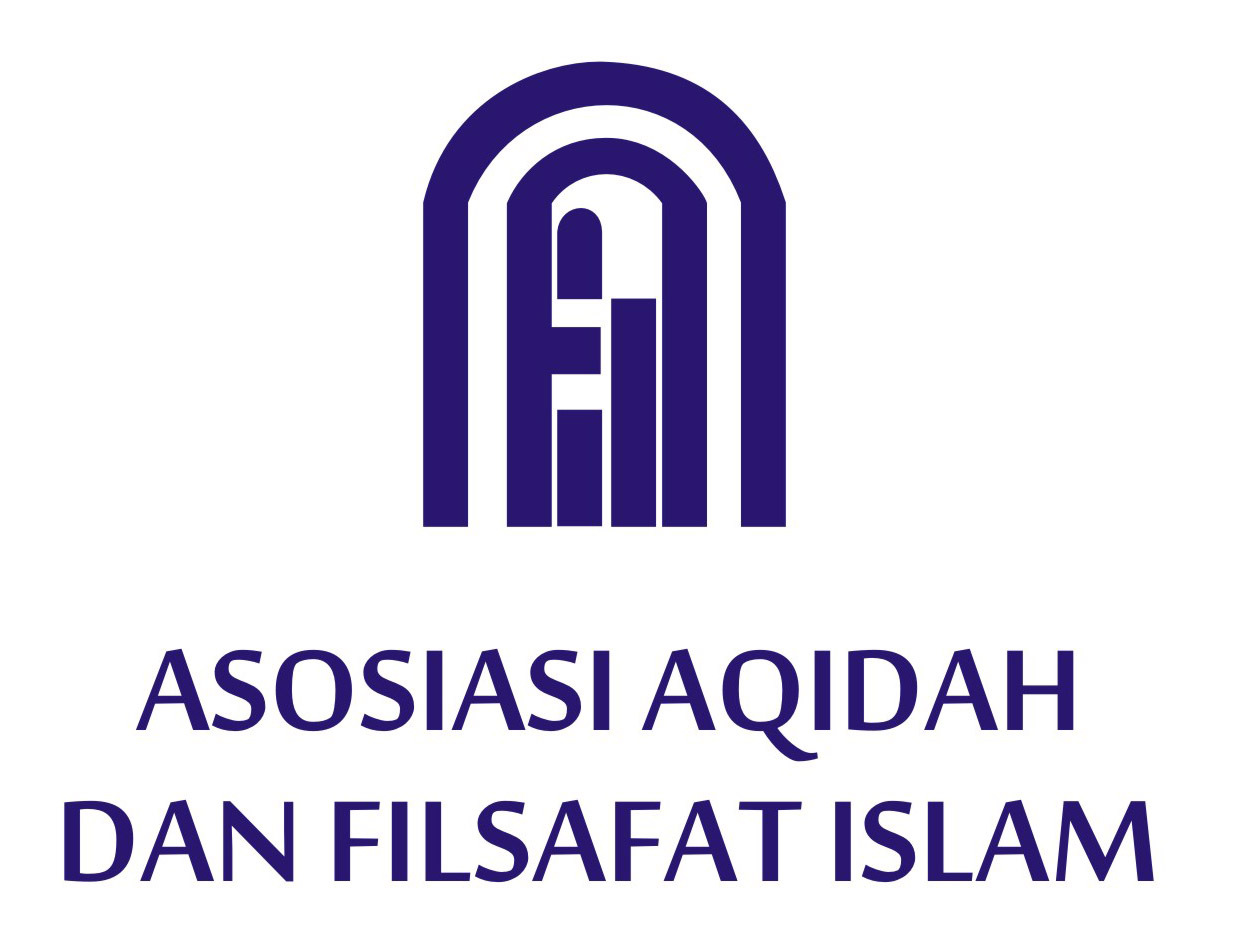Moderate Islam in Yusuf Qardhawi's Perspective
Abstract
In today's contemporary era, we often witness the appearance of a fierce, anarchist face of Islam that instigates various forms of social violence. Whereas the portrait of Islam presented by radical circles is not absolute and the only correct Islamic construction. This is because the religious construction that they present socially to the wider community in their rigid, intolerant, and sometimes anarchic form is only one of the results of their reading of the fundamental Islamic doctrines: the Qur'an and the Sunnah which are multi interpretative. It is at this point that presenting a reading of Islam with a moderate style becomes very significant. One of the contemporary Muslim scientists who has done many readings while presenting a portrait of moderate Islam is Yusuf Qardhawi. In most of his works, Qardhawi presents a moderate Islamic discourse. According to Qardhawi, one of the most fundamental characteristics of Islam is wasathiyah which means moderate. This article seeks to explore the construction and application of Yusuf Qardhawi's moderate Islamic thought with a critical-philosophical approach.
Keywords
Full Text:
PDFReferences
Abdullah, M. Amin. Mencari Islam: Studi Islam Dengan Berbagai Pendekatan. Yogyakarta: Tiara Wacana, 2000.
al-Ashfahani, Al-Raghib. Mu’jam Mufrodat Alfadz Al-Quran. Libanon: Darul Kutub Al-Ilmiyah, 2008.
al-Fadl, Khaled Abou. Selamatkan Islam Dari Muslim Puritan. Edited by Helmi Mustafa. Jakarta: Serambi, 2006.
al-Zuhaili, Wahbah. Tafsir Al-Munir Jilid 2. Abdul Hayyie. Jakarta: Gema Insani, 2016.
“Https://Www.Academia.Edu,” 2018.
Jakfar, M. Tarmizi. Otoritas Sunnah Non-Tasyri’iyyah Menurut Yusuf Al-Qardhawi. Yogyakarta: Ar-Ruzz Media, 2011.
Kamali, Mohammad Hashim. The Middle Path of Moderation in Islam. New York: Oxford University Press, 2015.
Madjid, Nurcholish. Islam Kemodernan Dan Keindonesiaan. Bandung: Mizan, 1999.
Masduqi, Irwan. Berislam Secara Toleran. Bandung: Mizan Pustaka, 2011.
Munawir. Kamus Al-Munawwir Arab-Indonesia,. Surabaya: Pustaka Progresif, 1997.
Qardhawi, Yusuf. Dirasah Fi Fiqh Maqashid Asy-Syari’ah. Mesir: Dar Asy-Syuruq, 2006.
———. Islam Jalan Tengah. Bandung: Mizan, 2017.
———. Karakteristik Islam. Surabaya: Risalah Gusti, 1995.
———. Membumikan Islam. Bandung: Mizan Pustaka, 2018.
———. Menuju Pemahaman Islam Yang Kaffah. Jakarta: Insan Cemerlang, 2003.
Sahabuddin. Ensiklopedia Al-Qur’an: Kajian Kosakata. Jakarta: Lentera Hati, 2007.
Setiawan, Nur Kholis. Pribumisasi Al-Quran. Yogyakarta: Kaukaba, 2012.
Shihab, M. Quraish. Tafsir Al-Mishbah: Vol.1. Jakarta: Lentera Hati, 2002.
Yunus, Mahmud. Kamus Arab-Indonesia. Jakarta: Hidakarya Agung, 1990.
Yusuf Ali, Abdullah. The Meaning of the Glorious Qur’an Text, Translation, and Commentary. Beirut: Dar-al-Fikr, 1999.
Zaprulkhan. Islam Yang Santun Dan Ramah, Toleran Dan Menyejukkan. Jakarta: Quanta EMK, 2017.
———. Signifikansi Epistemologi Pembacaan Hermeneutis Ali Harb. Yogyakarta: Idea Press, 2017.
DOI: http://dx.doi.org/10.24042/klm.v16i2.7158
Refbacks
- There are currently no refbacks.
Copyright (c) 2022 KALAM
License URL: https://creativecommons.org/licenses/by-sa/4.0
KALAM [ISSN: 0853-9510, e-ISSN: 2540-7759] published by Faculty of Ushuluddin and Religious Study, Universitas Islam Negeri Raden Intan Lampung in collaboration with Asosiasi Aqidah dan Filsafat Islam (Islamic Theology and Philosophy Association)
Office: Faculty of Ushuluddin and Religious Study, Universitas Islam Negeri Raden Intan Lampung. Letkol H. Endro Suratmin Street, Sukarame, Bandar Lampung, Lampung, Indonesia, Postal code 34513. Website: http://ejournal.radenintan.ac.id/index.php/kalam, Email: [email protected].
 This journal is licensed under a Creative Commons Attribution-ShareAlike 4.0 International License.
This journal is licensed under a Creative Commons Attribution-ShareAlike 4.0 International License.


